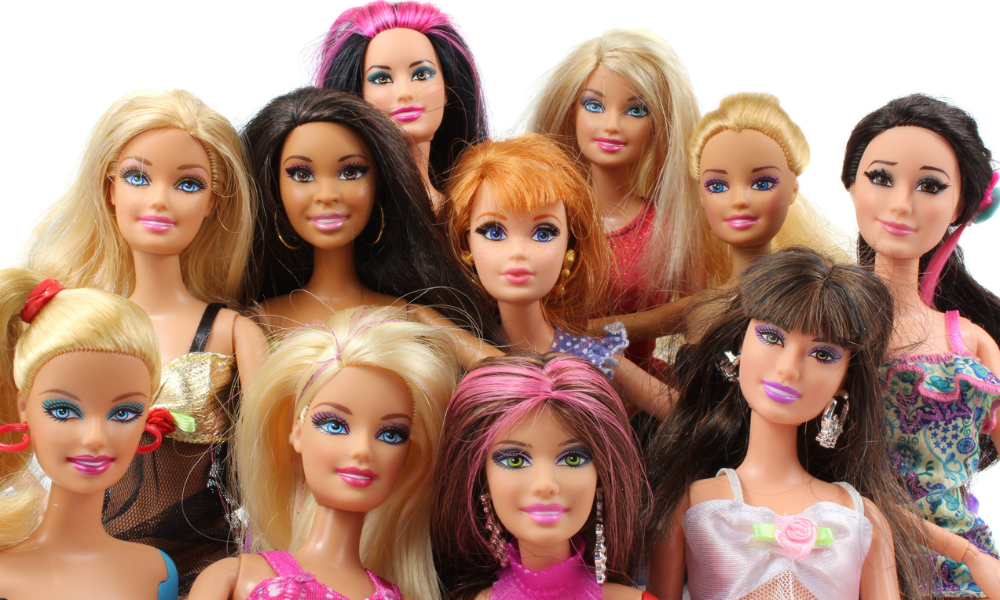
Movie about popular doll changing views on patriarchy at work: survey

The critically acclaimed film Barbie is making its impact from cinemas to workplaces. This is according to the latest findings from a survey by ResumeBuilder.com.
Greta Gerwig's Barbie follows the story of the titular character played by Margot Robbie and Ken, played by Ryan Gosling, as they go on a journey of a self-discovery following an existential crisis.
While initially tagged as a fantasy comedy, Barbie went out of the box to explore more serious themes of existentialism, feminism, and the patriarchy.
The movie has sparked various discussions on patriarchy and feminism across social media - and recently, these conversations are starting to make their way to workplaces.
In fact, 64% of ResumeBuilder.com's 300 U.S. respondents admitted that the Barbie made them more aware of patriarchy in the workplace.
Overall, 81% already believe that patriarchy affects the workplace, but among them, 79% said the film made them more aware of the situation.
Among men who believe that patriarchy affects the workplace, 82% said the film made them more aware of it.
Phillippa Quigley, who runs a women's wellness clinic and is a senior editor at Soma Analytics, said the dynamics between Kens and Barbies in the film helped changed opinions on patriarchy at work.
"It's as if someone flipped the script of our reality. Having worked one-on-one with so many women, I've often witnessed firsthand the pressures they face, from managing perceptions to fighting unwarranted biases. This humorous yet sharp commentary in the movie, I believe, can be an eye-opener for many," Quigley said in the report.
Meanwhile, the hit film also affected how women are seen at work, according to the report.
Despite 94% of the respondents saying they had a favourable opinion of women at work before watching the movie, 53% said the film helped improve their opinion.
Another 57% of the viewers said the film helped improve their opinion of women becoming leaders in the workplace. In fact, the number of respondents who believe that women are stronger leaders than men grew from 19% to 29%.
The number of viewers who think women work better together than men do also rose from 67% to 73% after watching the film.
This shift in opinion can be attributed to the movie's portrayal of Barbies with various professions, according to co-founder and CEO of AIScreen Nikita Sherbina.
"This representation emphasises women's capabilities in leadership roles, reflecting a positive and empowering image," Sherbina said.